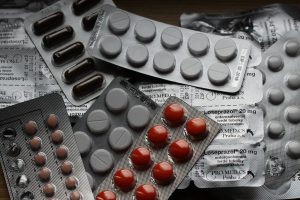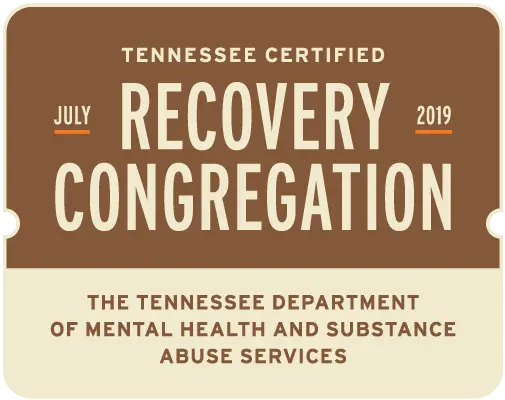You often hear of people who are suffering from mental trauma or physical trauma that turn to substance use as a method of self-medication. If a loved one is increasingly “self-medicating” at what point have they lost control and now have a substance abuse disorder. Self-medication doesn’t always have to be destructive, it can also be healthy. Exercise is a common, healthy way for individuals to blow off steam, gain mental clarity, or help an individual simply feel good overall. However, if alcohol or drugs are being used as a means to dull mental or physical pain, this behavior will be a means for negative outcomes for your loved ones.
Is There A Relationship Between Self-Medication And Substance Use?
The theory relating to self-medication with drugs or alcohol is one that derives from the thought that an individual has deep-seated issues that leads them to substance use. The substance or substances of choice are used as a means to cope with their trauma. People may self-medicate to numb physical feelings of pain, to deal with mental health disorders, dull emotions, or manage stressors in their lives.
These individuals gain a temporary release from the burdens that are weighing them down. The problem is that once the substance fades away, the burdens are back which makes the individual want to use again so that they can not feel what is bothersome to them. The cycle of chronic self-medication is a dangerous path that can cause someone who may have not had a problem with substance abuse to now become addicted.
Treatment Options For Self-Medication And Substance Abuse
 If the underlying factors which lead an individual to feel the need to self-medicate are understood, better treatment plans can be enacted with a greater likelihood of success. When someone is suffering from a substance use disorder, it is usually a complex web of issues that are much larger than simply the inability to control one’s self with drugs and alcohol. The most effective treatment options are those that incorporate substance use disorder treatment along with other therapies such as mental health counseling, for instance, or holistic approaches to chronic pain management. Addressing all factors in the life of an addict improves the chances they will be able to heal properly and remain sober after treatment has ended.
If the underlying factors which lead an individual to feel the need to self-medicate are understood, better treatment plans can be enacted with a greater likelihood of success. When someone is suffering from a substance use disorder, it is usually a complex web of issues that are much larger than simply the inability to control one’s self with drugs and alcohol. The most effective treatment options are those that incorporate substance use disorder treatment along with other therapies such as mental health counseling, for instance, or holistic approaches to chronic pain management. Addressing all factors in the life of an addict improves the chances they will be able to heal properly and remain sober after treatment has ended.
Seeking Help
If you are struggling with mental anguish or intense physical pain that is leading you to go down a destructive path of self-medication with alcohol or drugs, seeking help immediately is important. Early interventions can address your issues and may prevent your self-medication routine from turning into a full-blown substance abuse disorder. The medical detox and addiction alternative treatment center at Discovery Place in Tennessee offer a respite from your addiction with resources and safe detox assistance that will help you heal. Discovery Place’s Tennessee addiction alternative treatment center is located in the calming countryside of Tennessee and our in-patient program will hold your hand through every step of the recovery process.
Call our Tennessee detox alternative treatment center anytime day or night at 1-800-725-0922 to discuss your situation and obtain the help you need to get better.


